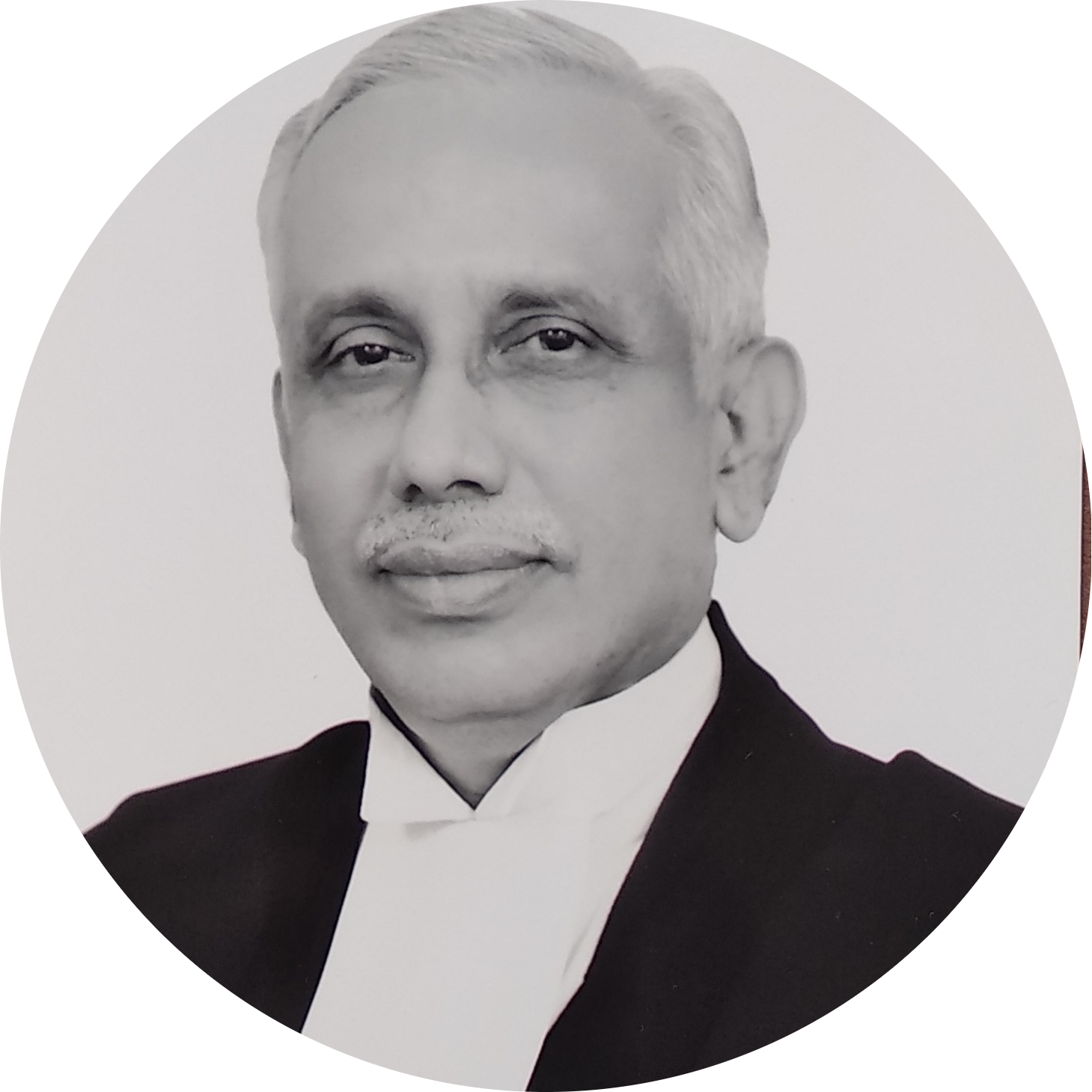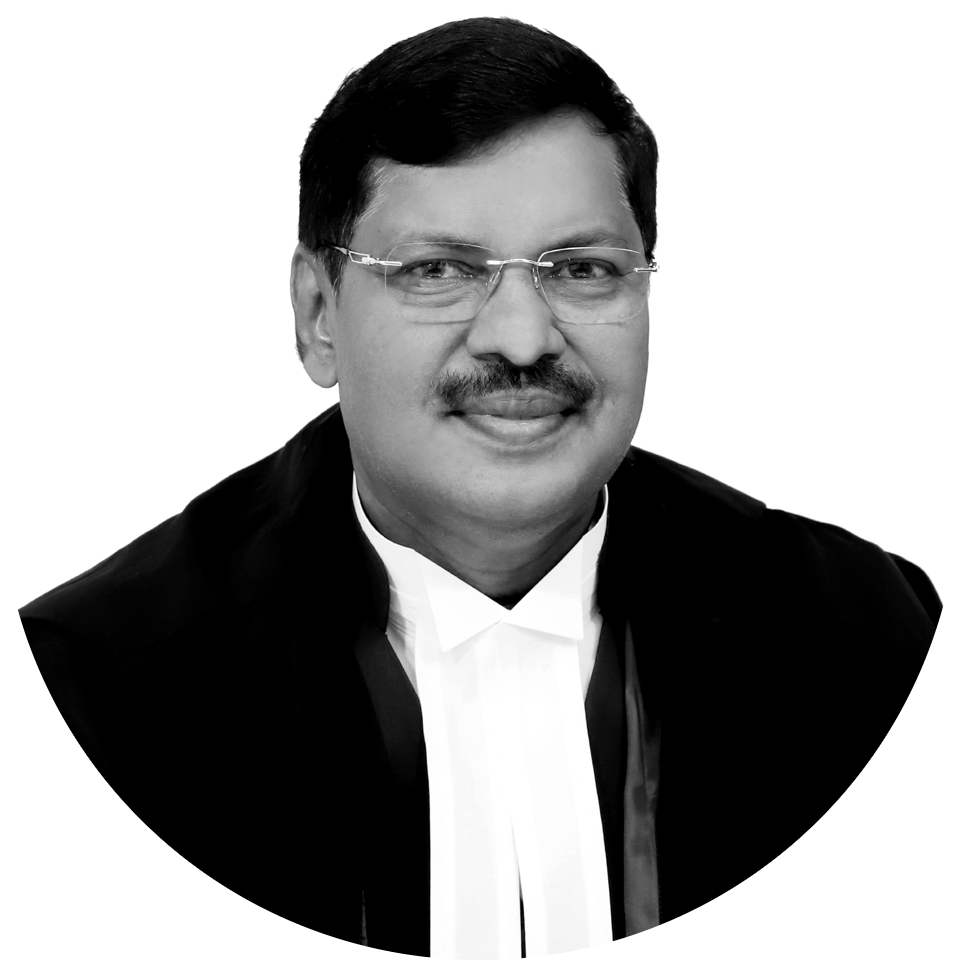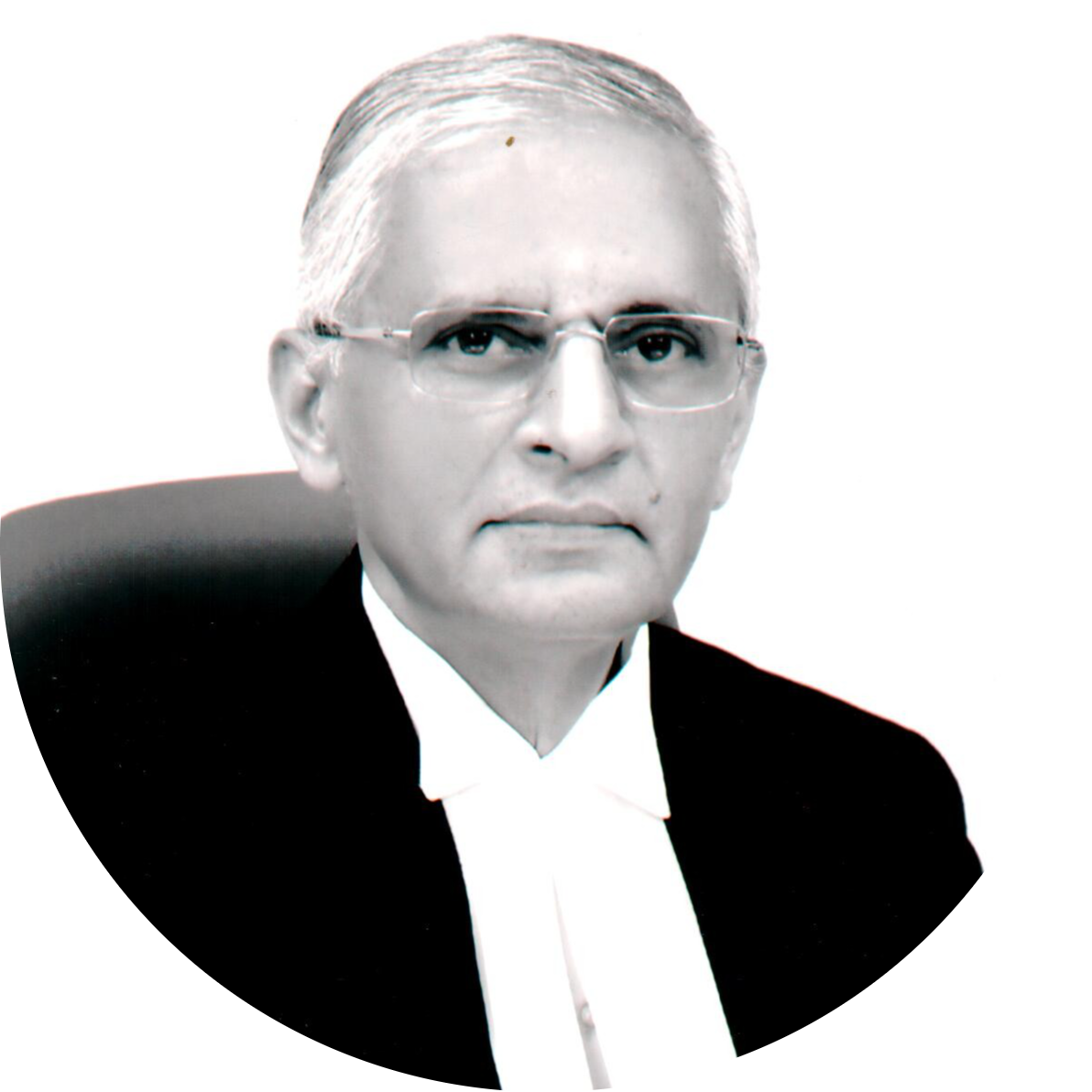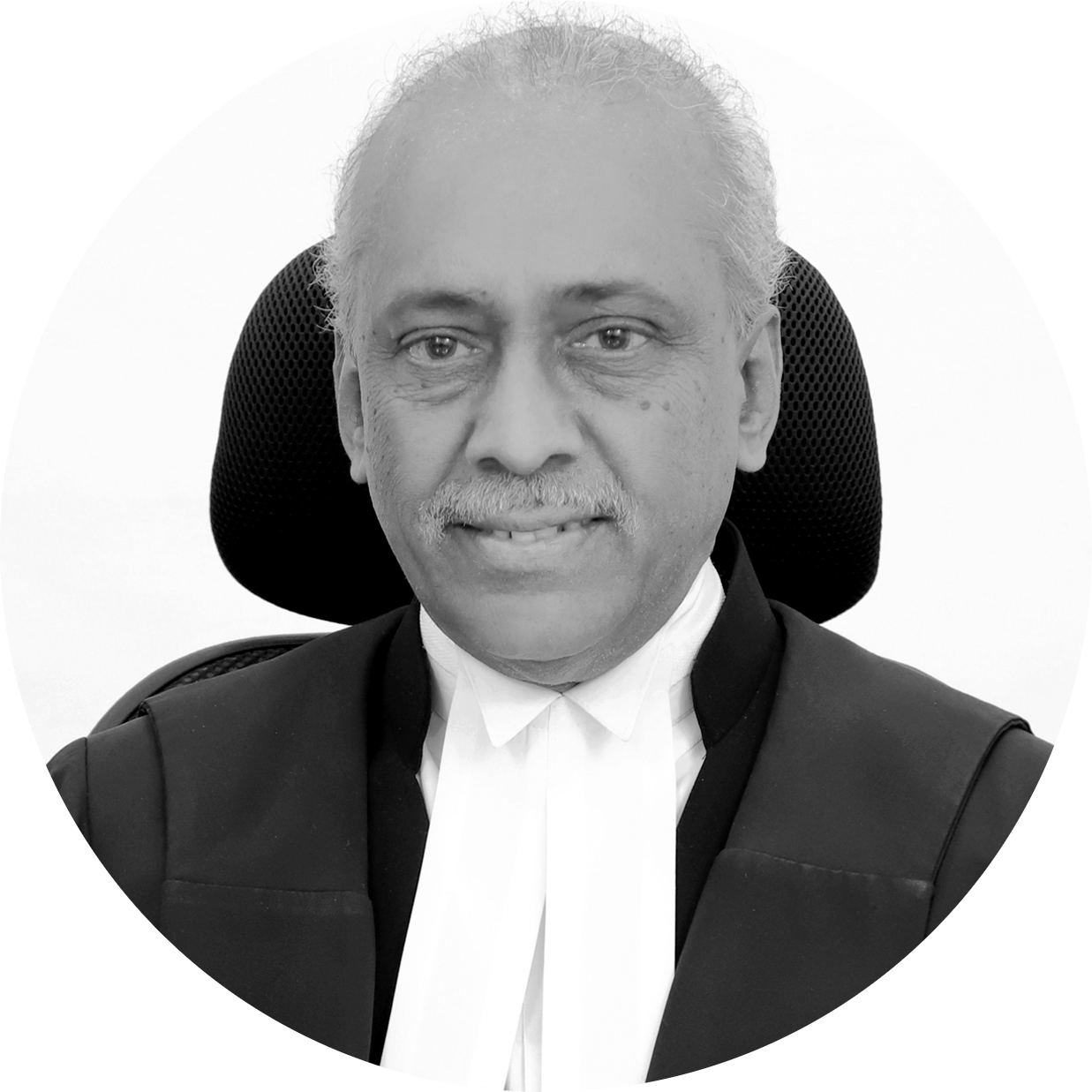Validity of Circumstantial Evidence in Bribery Cases
Neeraj Dutta v State (Govt of NCT of Delhi)
A Constitution Bench led by Justice Nazeer unanimously held that public officials can be convicted for bribery on the basis of circumstantial evidence if there is no direct evidence.
Decided
Parties
Appellant: Neeraj Dutta
Lawyers: Sr. Adv. Mr. S. Nagamuthu, Adv. Satinder S. Gulati, AOR Mr. Raj Kishor Choudhary
Respondent: STATE Govt. (Of N.C.T.) Of Delhi
Lawyers: ASG Ms. Aishwarya Bhati, ASG Mr. Jayant K.Sud, Sr. Adv. Kiran Suri
Case Details
Case Number: Crl.A.1669/2009
Next Hearing:
Last Updated: June 19, 2023
Key Issues
Is circumstantial evidence sufficient to convict public officials in bribery cases?
Case Description
On April 17th, 2000, Ms. Neeraj Dutta, a Lower Divisional Clerk at the Delhi Vidyut Board demanded a bribe of ₹10,000 from Mr. Rajvit Singh Sethi for the installation of an electricity metre at his shop. She agreed to receive the amount the same day at Mr. Sethi’s shop between 03.00 PM and 04.00 PM. Mr. Sethi registered an FIR against Ms. Dutta that morning and got the police to undertake a sting operation to catch Ms. Dutta in the act.
After successfully executing the sting operation and finding that Ms. Dutta had in fact received the bribe, the police filed a charge sheet. Ms. Dutta was charged under Sections 7 and 13 of the Prevention of Corruption Act, 1988 (PCA) which punishes public officials for taking bribes or ‘illegal gratification’, and for misconduct. Further, it prescribes a punishment of three to seven years imprisonment and a fine.
Mr. Sethi, who made the complaint against Ms. Dutta, passed away before the trial began. As a result, the case no longer had a primary witness. Primary witnesses are crucial in proving the facts of a case as they provide oral evidence of the events, which is considered direct evidence under the Indian Evidence Act, 1872.
In the past, the SC has held that in case the person to whom the demand was made is either dead or unavailable for providing direct evidence, the accused is acquitted. However, in this case, the Trial Court relied on evidence based on other circumstances surrounding the event such as the police statements to convict Ms. Dutta.
Ms. Dutta appealed the Trial Court’s decision at the Delhi High Court. She stated that circumstantial evidence was not enough to convict her under the PCA. The Delhi HC however, upheld the decision of the Trial Court to convict her on April 2nd, 2009. A few days later, on April 15th, 2009, Ms. Dutt, appealed this decision at the Supreme Court.
At the SC, a 2-Judge Bench comprising Justices R. Banumathi and Subhash Reddy heard her appeal. They examined previous judgments relying on circumstantial evidence when the primary evidence of the complainant is unavailable. In P. Satyanarayana Murthy v District Inspector of Police, State of Andhra Pradesh, (2015) the court held that relying on circumstantial evidence, was not permissible under the law. The Bench viewed that this conflicted with the SC’s previous judgements in B. Jayaraj v State of Andhra Pradesh (2014) and M. Narsinga Rao v State of A.P. (2001).
The Bench concluded that there was a conflict in these decisions on the nature and quality of proof necessary to convict a person under the PCA when the primary evidence of the complainant is unavailable. Seeing that a significant question of law was raised in the case, the Bench referred it to a 5-Judge Constitution Bench.
The Constitution Bench comprising Justices Abdul Nazeer, B. R. Gavai, A. S. Bopanna, V. Ramasubramanian and B. V. Nagarathna heard the matter. The primary question before them was whether a public official could be held guilty for the crime of demanding a bribe or an illegal gratification under Sections 7 and 13 of the PCA based on circumstantial evidence. The Bench also had to decide whether the three decisions of the SC in P.Satyanarayana Murthy (2015), B. Jayaraj (2014) and M. Narsinga Rao (2001) were in conflict with each other.
The Bench unanimously held that a person could be convicted based on circumstantial evidence for the crime of demanding a bribe or illegal gratification under the PCA, 1988. In the Judgment delivered by Justice Nagarathna, the Bench also clarified that the three judgments were not in conflict with each other.
On the question of conflict in the judgments of P. Satyanarayana Murthy, B. Jayaraj and M. Narsinga Rao, the Bench held that the facts in each case were slightly different from each other which resulted in differing decisions.
Justice Nagarathna wrote that Courts have the discretion to make ‘presumptions’ of facts based on the evidence available when considering a demand for a bribe, as long as this presumption is not directly rebutted. Additionally, the Bench also stated that the death of a complainant does not directly result in an acquittal of the accused.
This Judgment has significantly reduced the high degree of proof that was previously required to convict an official for seeking illegal gratification.





